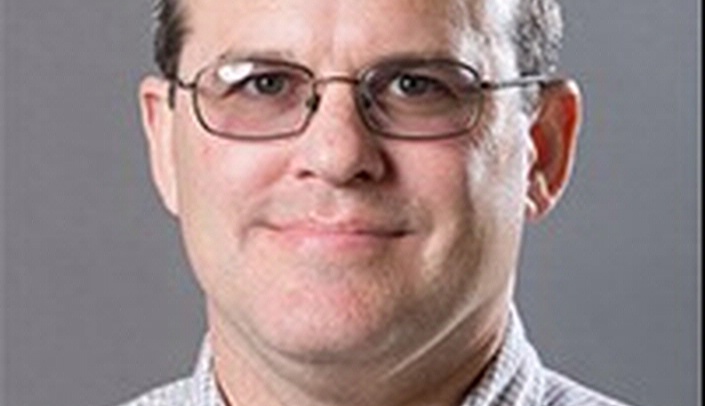Vincent Woolf, Ph.D., an associate professor in the department of physics at the University of Nebraska at Omaha, will discuss “Leavitt’s Law” at the next Omaha Science Café being held at 7 p.m. on April 11 at the Slowdown, 729 N. 14th St.
Leavitt’s Law is the period-luminosity relationship in Cepheid variable stars that enables astronomers to measure the size of the universe and the distance to the stars.
Dr. Woolf will discuss how this groundbreaking discovery was made at the turn of the twentieth century by Henrietta Swan Leavitt while she was working at Harvard Observatory.
As a graduate student, Dr. Woolf studied chemical compositions of F and G dwarf stars (stars similar to our Sun) and of mercury-manganese stars, a class of high mass, hot, chemically peculiar main sequence stars.
After completing his doctoral degree, he spent three years at Armagh Observatory in Northern Ireland studying two classes of pulsating helium-rich stars: helium subdwarfs and extreme helium stars. He then spent three years at the University of Washington in Seattle studying chemical compositions of M dwarf and subdwarf stars.
He has continued studying M dwarf compositions at UNO, including a statistical analysis of more than 8,000 stars that showed that current models of galactic chemical enrichment are incomplete and do not sufficiently match the observed chemical compositions of stars in our Galaxy. He has also collaborated with astronomers in Texas and India to study R Coronae Borealis stars, a class of variable stars with very high carbon abundances.
This café is being held in partnership with the BLUEBARN Theatre. Susan Clement-Toberer, producing artistic director and director of Silent Sky at the Blue Barn Theater, will introduced Dr. Woolf and moderate a Q&A with him following the presentation.
Science Cafés involve a face-to-face conversation with a scientist about current science topics. They are open to everyone (21 and older) and take place in casual settings like pubs and coffeehouses. Each meeting is organized around an interesting topic of conversation. A scientist gives a brief presentation followed by a Q-and-A period.
Pizza will be provided for the first 50 people. For more information about Science Cafes, go to www.unmc.edu/sciencecafe.
We are Nebraska Medicine and UNMC. Our mission is to lead the world in transforming lives to create a healthy future for all individuals and communities through premier educational programs, innovative research and extraordinary patient care.
